
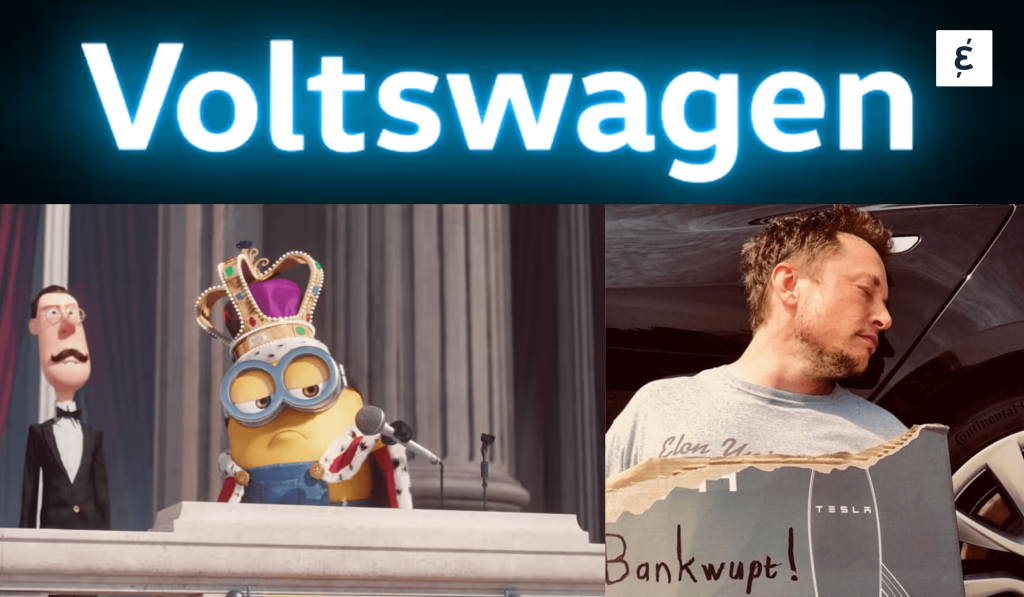
As tempting as it is to have some brand-related fun on April Fool’s Day, a damaged corporate reputation is no laughing matter.
Volkswagen did it.
Google did it.
Even Elon Musk did it.
It, of course, is pulling an April Fool’s Day prank that backfired.
With that date fast approaching, here’s some advice for any brand contemplating having a little fun.
Reputation-wise, the potential upside just isn’t worth the potential downside.
Yes, a good prank can be funny.
But honestly, how many well-executed April Fool’s Day jokes by brands can you remember?
More to the point, they’re difficult to pull off without upsetting someone.
Consider what happened when Google launched its Mic Drop feature on April Fool’s Day in 2016.
The feature supposedly made “it easier to have the last word on any email” by adding a GIF of a Despicable Me “minion” dropping a microphone.
Amusing, I guess — but not when people accidentally activated the feature when responding to serious emails.
Or when a bug unintentionally added the GIF to emails.
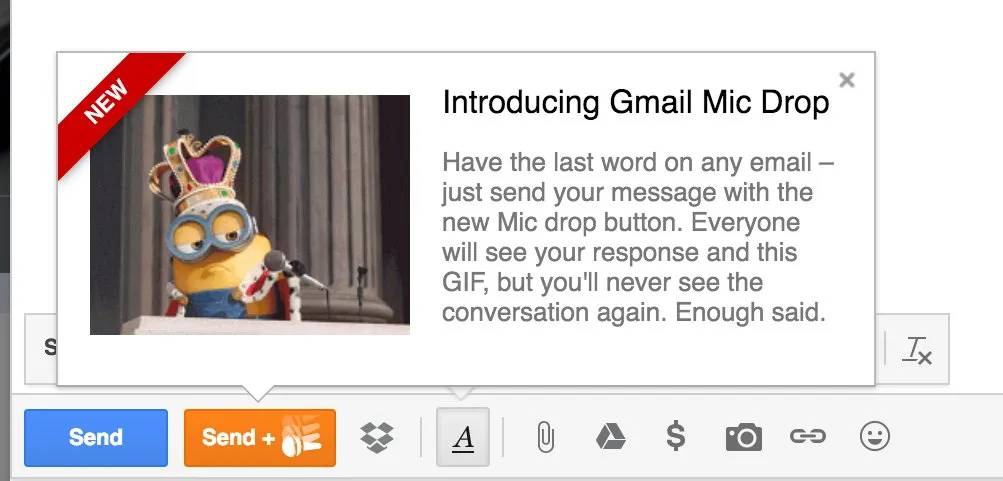
Take Volkswagen, which two years ago decided to mark April Fool’s Day with a press release unveiling a new name for its US operations.
Voltswagen.
To promote its shift towards electric vehicles, of course.
Had the press release dropped on April Fool’s Day, people might have applauded the punning prank.
The problem was the press release dropped a couple of days early.
VW had messed up — but instead of slamming on the brakes, the car manufacturer hit the gas instead, “confirming” the name change on Twitter.
Bad idea.
Journalists, in particular, were outraged — and the gaffe remains an example of what not to do.
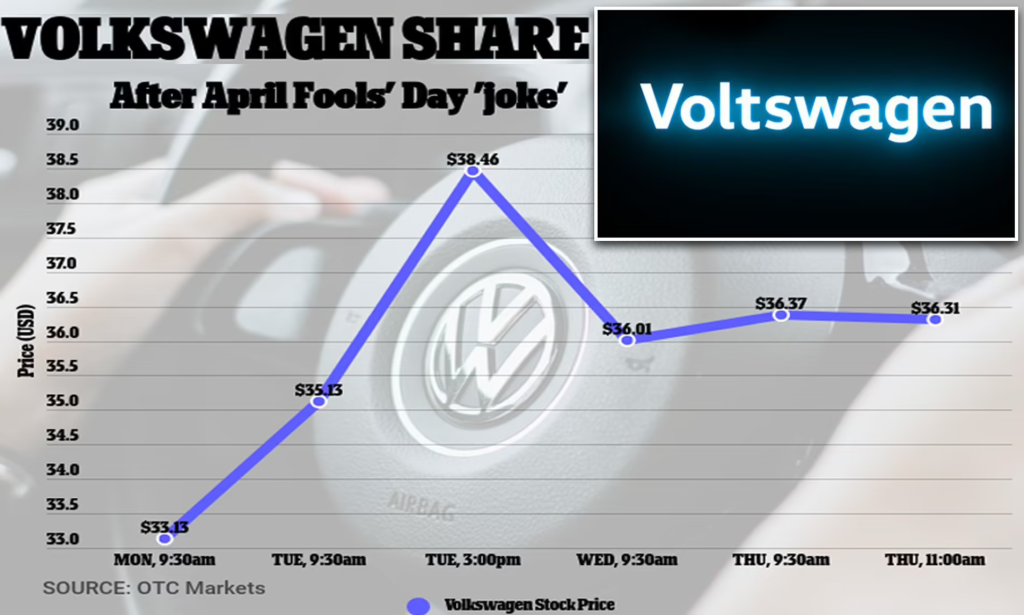
Musk’s idea of an April Fool’s joke was to tweet about Tesla going bankrupt.
But the markets were in no mood for mischief and Tesla’s share price fell 7%.
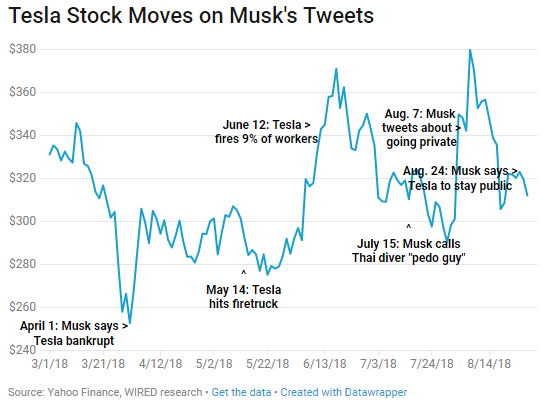
Musk, of course, is no stranger to controversy.
But few companies enjoy his kind of charisma.
For them, the risk of having a bit of fun isn’t worth the potential backlash.
As all too many know, a damaged reputation is no laughing matter.

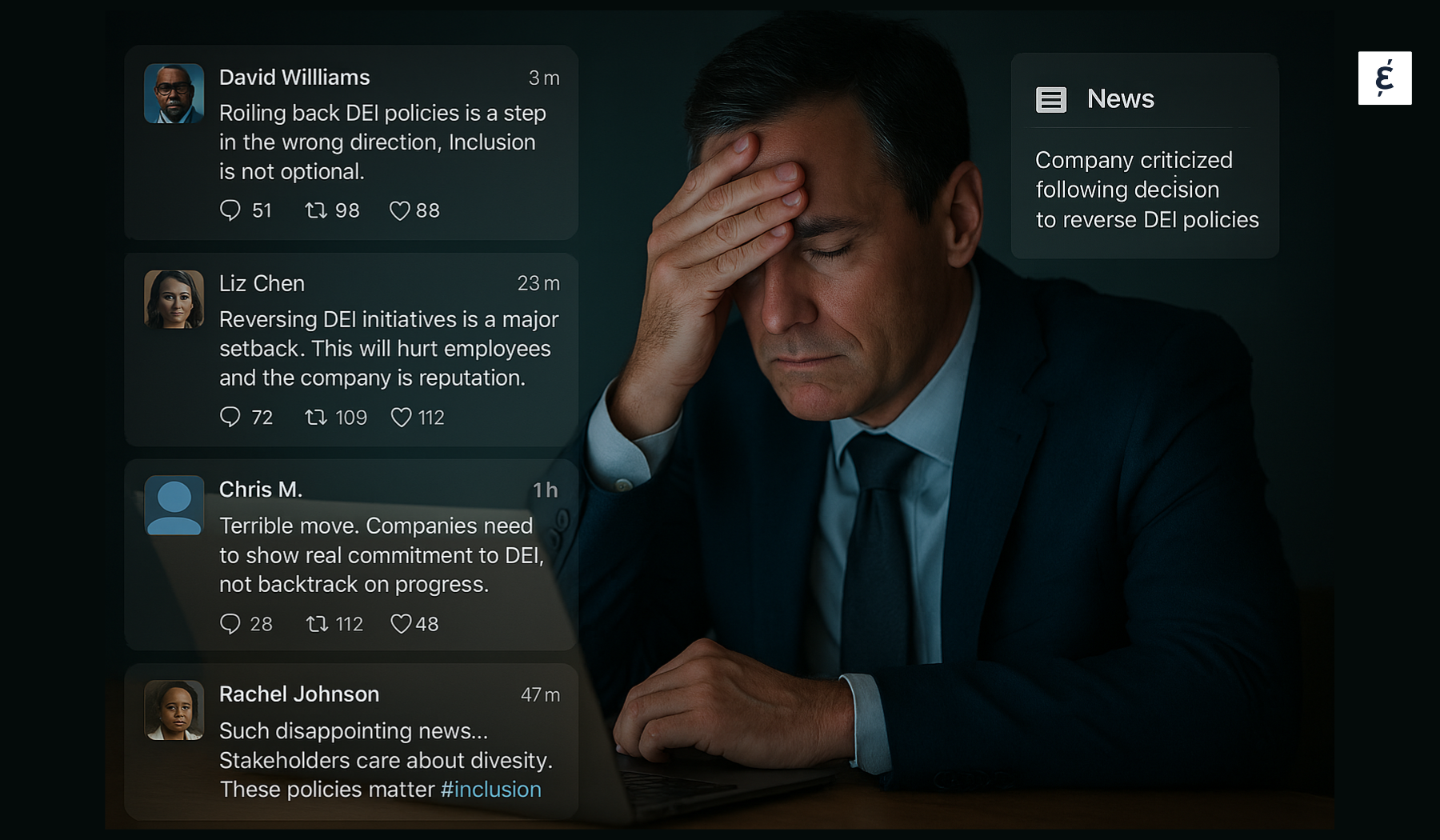

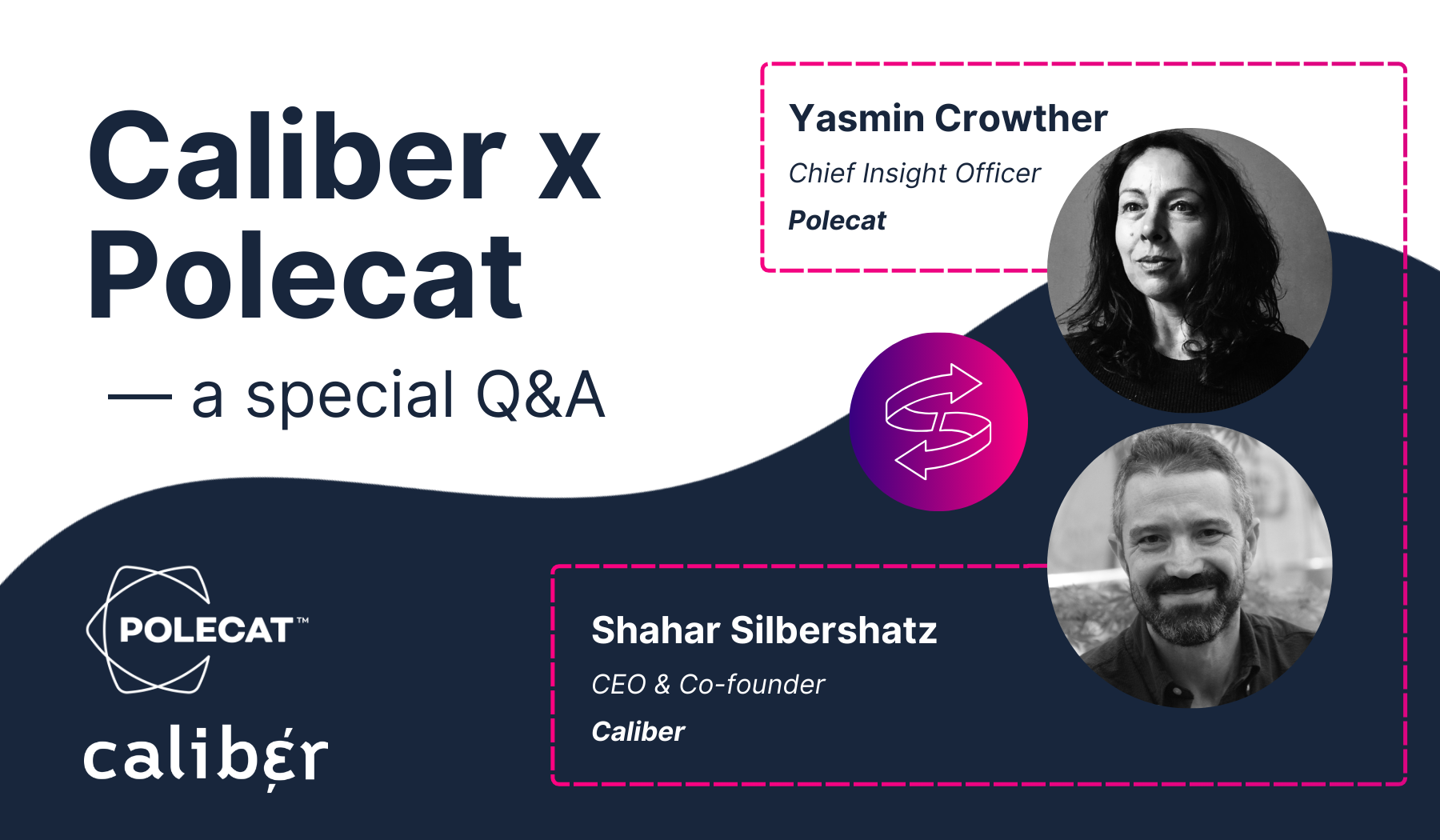


© 2024 Group Caliber | All Rights Reserved | VAT: DK39314320